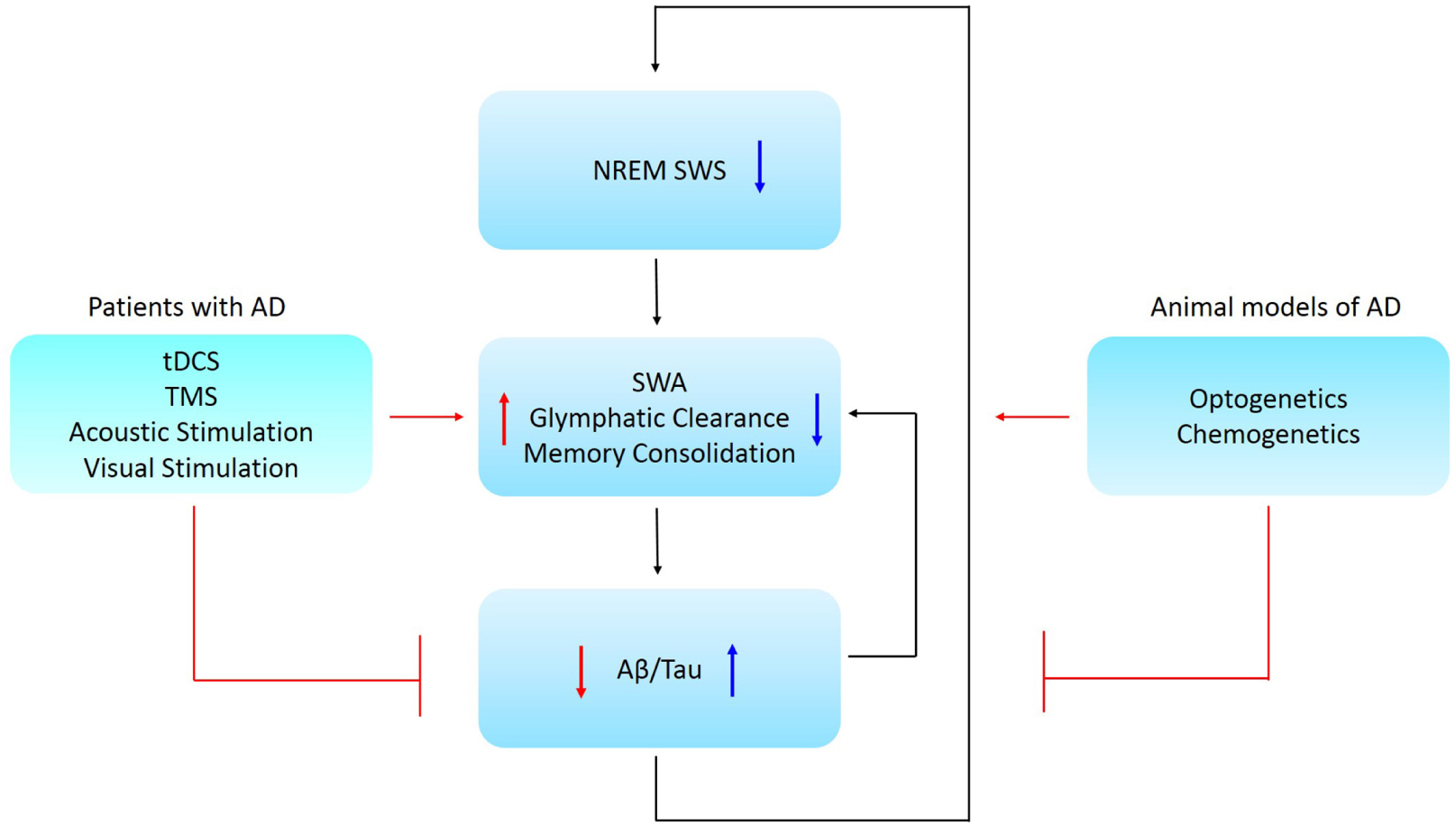What Happens when we Sleep?
페이지 정보
작성자 Danuta Hueber 작성일 25-08-13 03:11 조회 80 댓글 1본문
While many of us think of sleep as a largely forgotten stretch of time when nothing occurs, sleep is, neurologically talking at least, a busy time indeed. Although sleep's significance is inarguable, scientists do not know exactly why it's so vital to our survival. What occurs when we sleep? Scientists acknowledge sleep stages by monitoring the adjustments in brain waves. The 5 sleep phases are repeated as many as five occasions throughout the evening. Because the night progresses, every cycle lengthens, and REM sleep, throughout which most dreaming takes place, extends. Brain waves are principally excessive amplitude, slow waves and occasional alpha waves (like these found when awake). % of complete sleep time for younger adults: 5 p.c. Sleep Stage 2 Heartbeat and respiration slow and the sleep is deeper than in Stage 1. Slow-wave sleep continues with peaks of mind waves (generally known as sleep spindles) occurring. P.c of complete sleep time for younger adults: Forty four to fifty five %. Sleep Stages three and 4 These are the phases of deepest sleep, when brain waves are slowest.
Throughout these phases breathing and heartbeat sluggish additional and muscles calm down. Desires are extra frequent than in the earlier stages and sleepwalking and speaking might occur throughout Stages 3 and 4. Percent of total sleep time for younger adults: 15 to 23 percent. REM Fast eye movement (REM) sleep stages lengthen by way of the night. The primary REM cycle may be only 10 minutes whereas the final could final so long as an hour. Throughout this cycle the heartbeat will increase, respiration becomes shallow, eyes transfer rapidly, muscles are relaxed, and dreams are most vivid. Brain waves resemble those throughout waking. % of whole sleep time for young adults: 20 to 25 p.c. Why Will we Sleep? Sleep is important to life. Laboratory animals deprived of sleep die. And people don't appear to be immune to the life-threatening results of sleeplessness. A survey performed by the American Most cancers Society concluded that individuals who sleep 6 hours or less per evening, or who sleep 9 hours or more, had a death charge 30 percent higher than those who regularly slept 7 to eight hours.
Even those who slept 6 hours or less who in any other case had no well being issues had dying rates 1.8 instances increased than those that slept "normal" hours. Despite the obvious nature of that question, scientists do not likely agree on why we sleep. Adaptive Principle This idea holds that sleep improves an animal's likelihood of survival. These with sleeping habits applicable to their surroundings are probably to survive. Nocturnal species have very totally different sleep habits than diurnal hunters, for instance, making them extra prone to flourish. Energy Conservation Idea Quick-shifting animals with high metabolisms sleep greater than those that burn calories extra slowly, thereby conserving their vitality for sprints. Restorative Idea Based on this theory, the body restores itself during sleep. Researchers know that neurotoxins are neutralized during sleep, and have reported that cells divide, tissue synthesizes and growth hormones are launched during gradual-wave (or non-REM) sleep. Athletes, for example, spend extra time in sluggish-wave sleep (Levels three and 4) than others, and youngsters and young people spend a larger portion of their sleep in sluggish-wave sleep than older individuals.
Programming-Reprogramming Theory This principle holds that unimportant data is "erased" and important information is locked into extra permanent Memory Wave Experience. Infants, who are acquiring data at a fee sooner than at every other level during life, sleep most. All sleep will not be equal for reinforcing learning, Memory Wave however. Latest research indicates that REM sleep may be the important thing. Babies and youngsters experience a larger portion of REM sleep than adults, and adults who are in class or undergoing intense mental coaching improve their quantity of REM sleep. When people are deprived of REM sleep they're less adept at artistic problem solving. Our biological "clock" largely corresponds to the cycle of the day, and in reality the term "circadian" means "a couple of day." The cycle of wakefulness and sleep is tied closely to core body temperature: the higher the temperature, the extra alert we are; conversely, when it reaches its low point, sleepiness could also be irresistible. 25-hour day. When one's private biological clock gets out of sync with society's clock, sleep problems can ensue.

- 이전글 Play Poker Online Methods For Newcomers
- 다음글 Observational Analysis On Gold IRA Companies: A Comprehensive Analysis
Louann님의 댓글
Louann 작성일Our Verdict: The Wood Ranger Power Shears stood out as essentially the most nicely-rounded instrument in our lineup. They minimize via thick branches simply, with no jamming or slowdown. Their lightweight build made them accessible to our testers, together with these with joint ache or restricted grip power. Battery life was a highlight. The shears ran for a full three hours of intermittent use. That’s far more than most rivals, at a better price level. The quiet motor and clean set off gave them a polished, skilled feel. Advanced customers may miss features like adjustable blade openings or compatibility with bigger battery techniques, but these are minor drawbacks in an in any other case wonderful tool. Overall, the Wood Ranger Power Shears supply robust performance, consolation, and worth. They’re our top choose for each severe gardeners and casual customers looking for a reliable device that keeps going. We predict they’d especially profit any more mature customers, who find pruning work troublesome and a strain on palms or wrists. https://301.tv/aldawinder4596